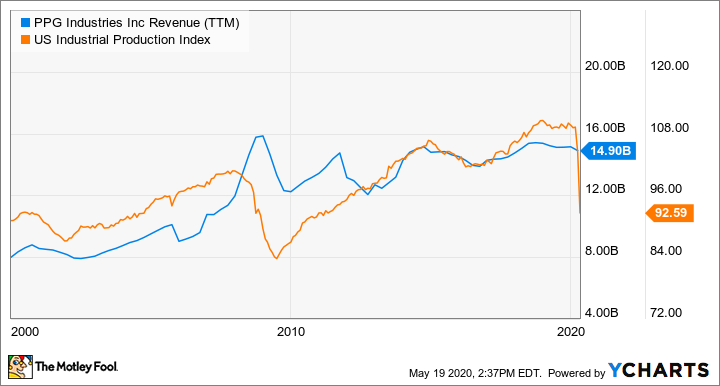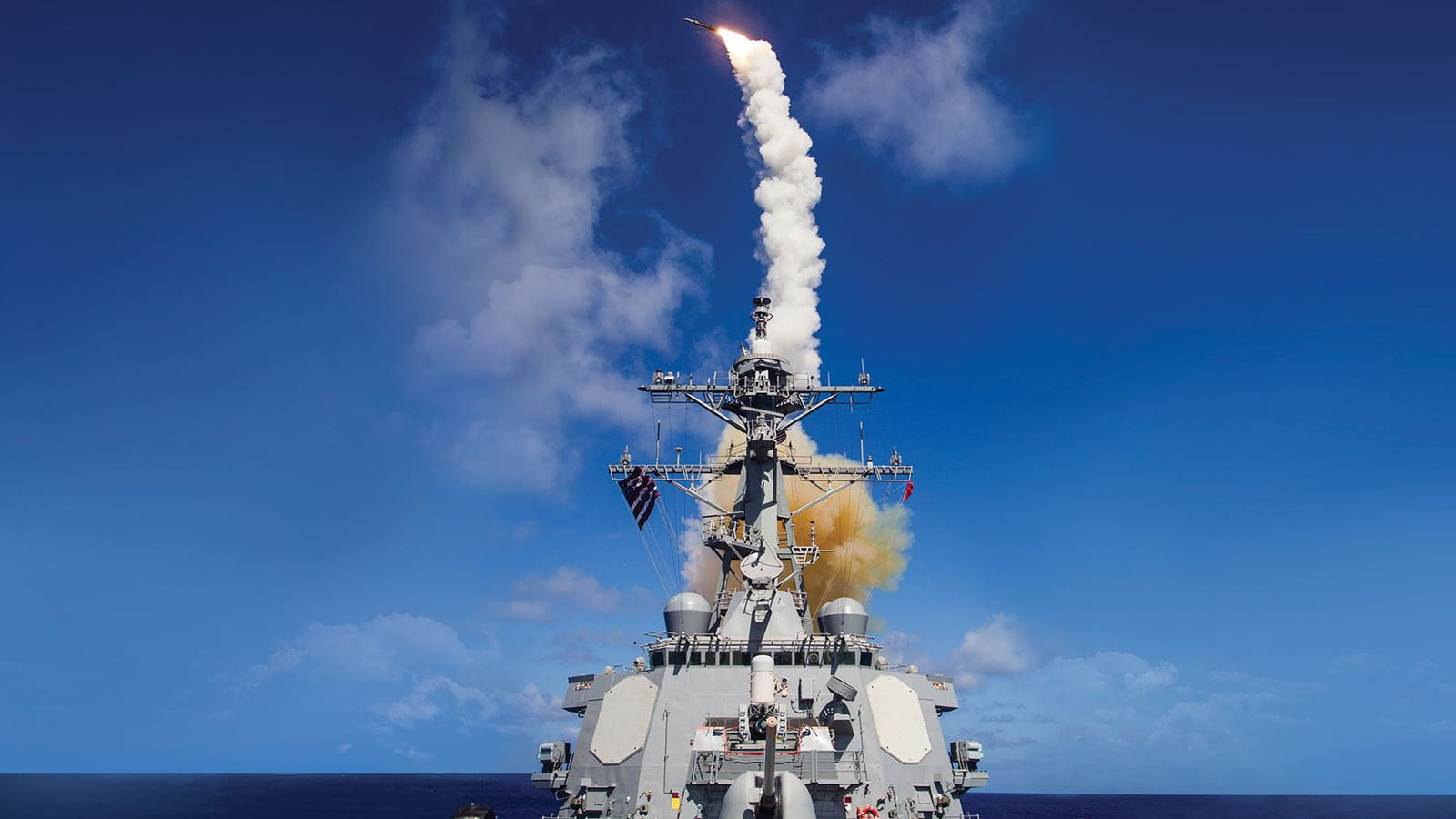These two stocks offer investors something completely different. Aerospace and defense stock Raytheon Technologies (RTX +1.05%) is a value play based on the market severely undervaluing its commercial aerospace business. And paint and coatings company PPG Industries (PPG +0.14%) is a growth-at-reasonable-price option operating in a very profitable industry with good prospects for substantive earning improvement. Let's take a closer look at why both are worth buying now.
Watching paint dry can be fun after all
Paint and coatings isn't the most exciting industry, and PPG's exposure to some weak end markets in 2020 -- not least automotive original equipment manufacturing (OEM), aerospace, and general industrial -- meant the company was set for a difficult year even before the COVID-19 pandemic struck.

Powder coatings. Image source: Getty Images.
The pandemic has obviously made things much worse, and management now expects its volumes to be down a whopping 30% to 35% in the second quarter. Meanwhile, analysts have its overall sales declining nearly 13% in 2020. With all of this in mind, why invest in PPG?
The answer comes from taking a long-term view on a company and an industry that have proven to be very good at generating high return on equity, or RoE, for investors. RoE simply means net income divided by shareholders' equity -- a good way to see how much money a company is making from what's been invested in it. The chart of PPG and its peers below shows you most of what you need to know.
For reference, the RoE on the S&P 500, on the whole, tends to be around 14%, and PPG (and its peers) are clearly above that on a long-term basis. Meanwhile, its financial debt to earnings before interest, taxation, depreciation and amortization, or EBITDA, is the lowest among its peers and at a level generally deemed suitable for investment-grade debt. Finally, it's trading on 15.6 times what analysts expect it to earn in a year's time.
Data by YCharts.
Of course, there's no guarantee that PPG will hit these estimates. Indeed, management has withdrawn its 2020 guidance in response to uncertainty around the pandemic. However, if there's growth in the economy, houses will need to be painted/repainted, cars will need to be finished (OEM and repair), and industrial products will need to be coated. So it's a safe bet that PPG will get back to growth if the industrial economy starts growing again.
Indeed, PPG's revenue tends to track industrial production, so if you believe in the long-term prospects for the global economy, it's a good opportunity to buy into a Dividend Aristocrat with a great record of generating returns for investors.
Data by YCharts.
Beyond commercial aviation
There's no shortage of uncertainty around the commercial aviation industry right now, but that's not an argument to justify Raytheon Technologies' lowly valuation. Let's put it this way: The company actually generates 55% of its revenue from defense and space. Moreover, the market appears to be significantly undervaluing its commercial aerospace businesses -- Pratt & Whitney aircraft engines and aftermarket parts and Collins Aerospace systems.
The argument becomes clearer when you look at matters from a free cash flow perspective and compare Raytheon with is defense and space peers. Valuing Raytheon's defense and space businesses in line with its peers and then calculating what this implies for its commercial aerospace businesses suggests the market could be valuing the latter at just $15 billion.
The figure seems far too low for a pair of businesses (Pratt & Whitney and Collins Aerospace) that generated $46 billion in sales and $6.2 billion in segment profit in 2019. The commercial aerospace market might not return to 2019 levels for a number of years, but it's not so bad as to justify such a lowly valuation.
Data by YCharts.
Ultimately, airplanes will still need servicing, and the aftermarket will surely start to grow again from a bottom set in 2020. CEO Greg Hayes discussed the matter on the earnings call: "I think it's going to be a full two years before we see a recovery close to what we saw in terms of 2019 levels of aftermarket. That could well be three years."

Defense and space revenue will support Raytheon Technologies while its commercial aerospace businesses start to grow again. Image source: Getty Images.
It all points to a slow, multiyear recovery for the commercial aerospace industry. Investors are going to have to downgrade long-term profitability and cash flow expectations for Pratt's geared turbofan (GTF) engine on the Airbus A320 NEO. Incidentally, some hedge fund managers were previously valuing the GTF program alone to be worth $15 billion just a couple of years ago.
All told, a slow recovery might seem like a lackluster outlook, but it's still growth when the market appears to be pricing in a multiyear recession for Raytheon's commercial aerospace business. That makes this company a good option for value investors.















